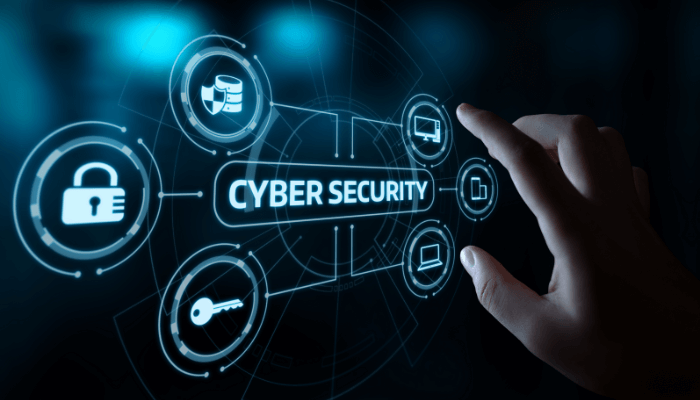The 2024 Cybersecurity Conference, organised by the Central Securities Clearing System Plc (CSCS) and the Office of the National Security Adviser (ONSA) have been concluded in Abuja.
The event brought together experts from the military, technology, finance, and government sectors to explore how artificial intelligence (AI) can safeguard critical infrastructure against increasingly sophisticated cyber threats.
With the theme “Cybersecurity: Synergizing AI and Infrastructure,” the conference addressed the evolving cyber threat landscape, emphasising the integration of AI-powered solutions with resilient infrastructure to protect Nigeria’s financial system and critical assets.
The conference also featured in-depth discussions on Nigeria’s cybersecurity landscape, including recent progress, ongoing challenges, and future strategies. Participants examined AI’s potential to enhance security, manage risks, and mitigate vulnerabilities introduced by the proliferation of connected devices.
Vice President Kashim Shettima delivered a keynote address. He underscored the significance of cybersecurity as a cornerstone of economic stability and growth and “not just a technical issue. He reiterated the government’s commitment to bolstering cybersecurity initiatives and integrating AI solutions to protect national infrastructure, commending the National Security Adviser, Nuhu Ribadu and his team for fostering a secure digital environment that encourages investment and innovation”.
He equally recognised the efforts of the leadership of CSCS particularly its CEO, Haruna Jalo-Waziri, for his “unwavering commitment to advancing the Nigerian capital market.”
In his opening remarks, the National Cybersecurity Coordinator at the ONSA, Ahmad Saad Abubakar, highlighted the dual-edged nature of AI in cybersecurity to both enhance our capacities buy also increase our vulnerabilities. He called for proactive steps to neutralize the threats before they arrive –
“Our reliance on interconnected systems has increased our vulnerability to cyber threats, now amplified by AI. Adversaries no longer require deep technical expertise to launch devastating attacks. While AI empowers malicious actors, it also equips us with unparalleled capabilities to predict, detect, and neutralize threats before they manifest.”
Emomotimi Agama, Director General of the Securities and Exchange Commission (SEC), the regulator of the Nigerian Capital Market, emphasised AI’s role in capital markets.
“AI-driven systems enhance surveillance, detect fraud, and manage risks. At SEC Nigeria, we are actively exploring how AI technologies can safeguard investor interests and maintain market integrity. However, AI must be complemented by resilient infrastructure to remain effective,” he said.
Read also: Cybersecurity Awareness Month: Strengthening the Human Firewall with Layer3
Temi Popoola, chairman of the Board of Directors of CSCS Plc highlighted the importance of aligning AI and infrastructure: “A single cyberattack today can disrupt entire nations. For financial institutions like CSCS, safeguarding data means preserving trust in the financial system. We are investing in technologies such as blockchain and quantum-resistant cryptography while collaborating with AI research institutions to stay ahead of emerging threats.”
Haruna Jalo-Waziri, CEO of CSCS Plc stressed the urgency of robust cybersecurity measures considering the significant costs that the global economy will bear due to cybercrime. Referencing the 2024 Cybersecurity Ventures Report, he stated that “cybercrime will cost the global economy over $10.5 trillion this year, up from $3 trillion just a few years ago. This underscores the need for enhanced cybersecurity, especially with the 45% increase in ransomware attacks globally, as reported by Check Point Research.”
He further cautioned on the effect of social media in amplifying misinformation. He therefore called for the building of trusted networks and the creation of air gaps “that protect critical systems from emerging risks.”
Conference Discussions and Call to Action
The event concluded with a call to action for greater collaboration between public and private sectors, emphasizing the need to develop human capital equipped with AI-driven tools and expertise to navigate an increasingly complex cyber environment.
